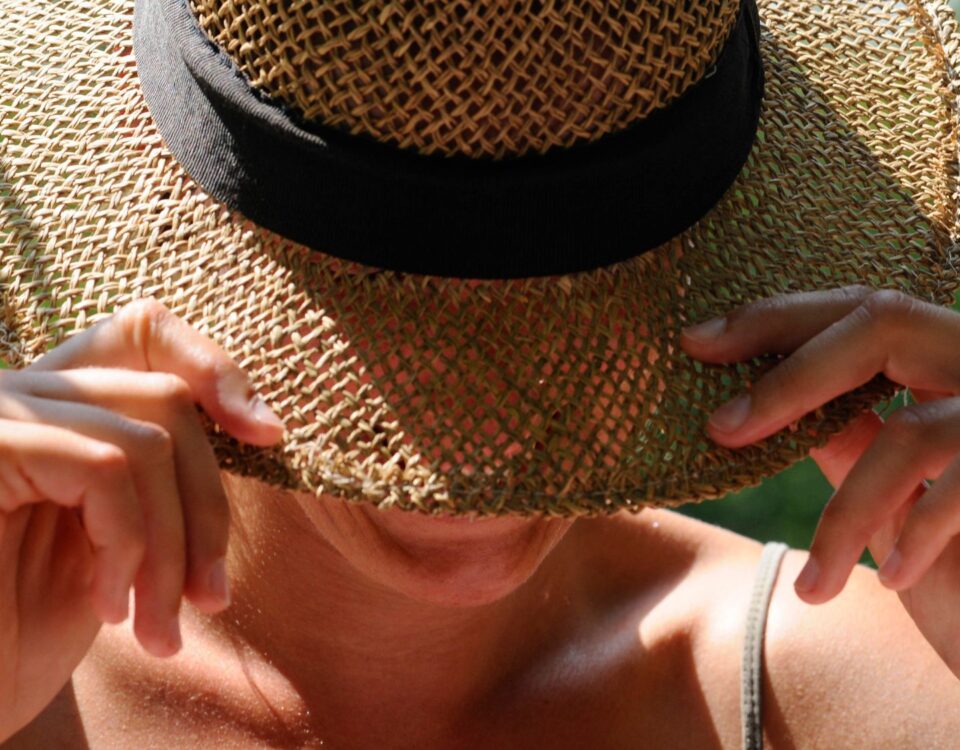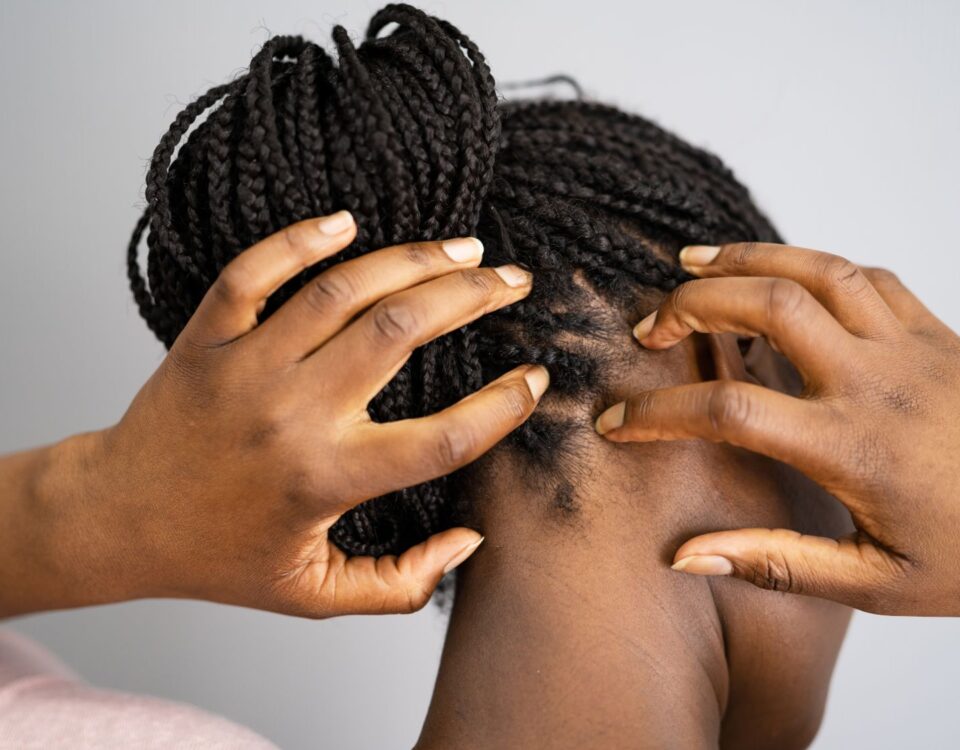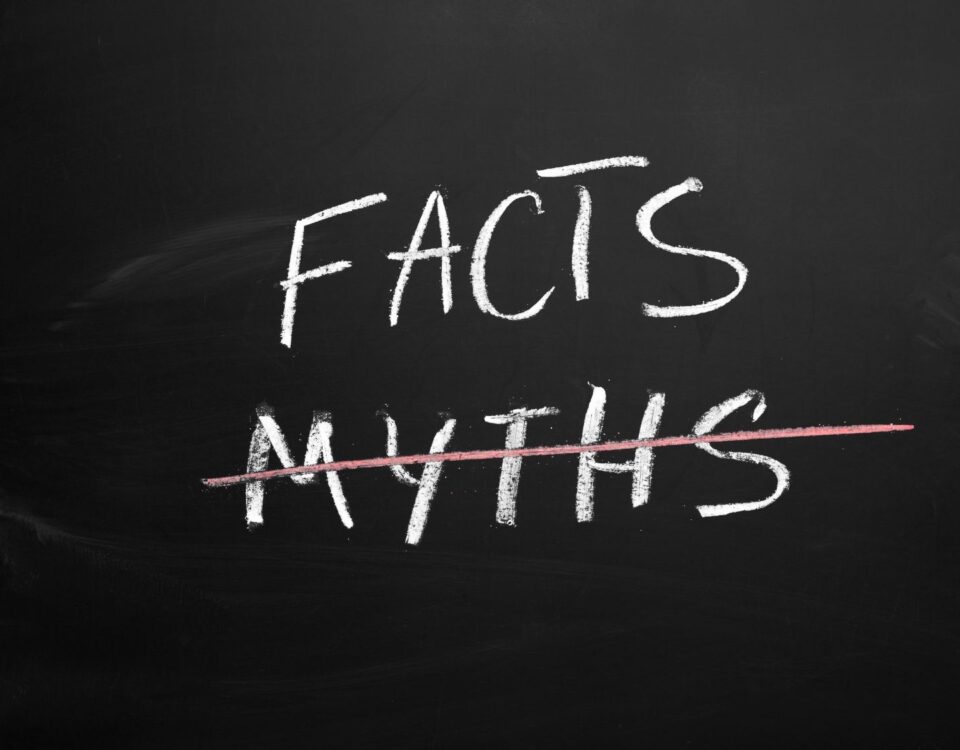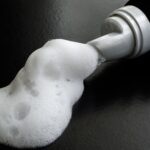
The Truth About Minoxidil as an Effective Hair Loss Treatment
January 29, 2024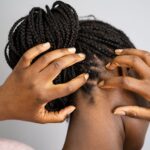
Beneath the Surface: Exploring the Crucial Role of Scalp Care in Preventing Hair Loss
February 26, 2024Understanding the relationship between nutrition and hair health is essential for anyone seeking to keep their locks lush and vibrant.
Hair is more than just a fashion statement; it’s a barometer of your overall health. A well-nourished body is more likely to have strong, shiny hair, while a body lacking in key nutrients may produce weak, brittle, or thinning hair. This article will explore the role of nutrition in hair health and offer actionable insights on optimising your diet for robust hair growth.
Essential Nutrients for Healthy Hair
The building blocks of healthy hair are found in a variety of vitamins, minerals, and other nutrients. Biotin, a B vitamin, is often touted as the ‘hair growth vitamin’ for its role in improving the infrastructure of keratin – a key protein in hair. Vitamin E, an antioxidant, helps combat oxidative stress that can damage hair follicles. Iron aids in the production of red blood cells, which fuel hair growth by delivering oxygen and nutrients to the hair follicles. Finally, Omega-3 fatty acids, found in fish oils, nourish the hair, support thickening and reduce inflammation that can lead to hair loss.
Impact of Diet on Hair Health
Your daily diet plays a significant role in hair health. Protein, the building block of hair, is crucial for strong, healthy strands. Hydration, too, is important as it helps keep hair strands resilient and lustrous. Antioxidants, found in fruits and vegetables, fight off free radicals that can damage hair follicles. A balanced diet rich in protein, hydrating fluids, and antioxidants can thus contribute to maintaining hair strength and shine.
Foods for Hair Growth
Certain foods can serve as potent allies in your quest for a full head of healthy hair. Eggs, for instance, are packed with protein and biotin. Spinach is a great source of iron, folate, and vitamins A and C. Nuts and seeds are loaded with vitamin E and other nutrients, while fatty fish like salmon contain beneficial omega-3 fatty acids. Incorporating these foods into your diet can provide a nutrient boost to support hair growth.
Nutritional Deficiencies and Hair Loss
Hair loss can be a distressing symptom of nutritional deficiencies. Lack of sufficient protein, iron, Vitamin D, and other nutrients can lead to hair shedding. The good news is that once these deficiencies are addressed, hair loss usually subsides. A balanced, nutrient-dense diet can therefore be a powerful tool in preventing and mitigating hair loss.
Healthy Eating Habits for Better Hair
Healthy hair is not just about what you eat, but also how you eat. For optimal hair health, aim to include a variety of nutrient-rich foods in your meals. Moderation is key – a diet that is too high or too low in certain nutrients can lead to hair problems. Regular, balanced meals can ensure a steady supply of nutrients to your hair follicles, promoting consistent hair growth and preventing shedding.
In conclusion, good nutrition is vital for maintaining healthy hair. A balanced diet rich in essential nutrients can support hair growth, ward off hair loss, and imbue your hair with strength and shine. Whether you’re looking to enhance hair health or combat hair loss, the foods you eat can make a significant difference. Remember, healthy hair is rooted in good nutrition.


